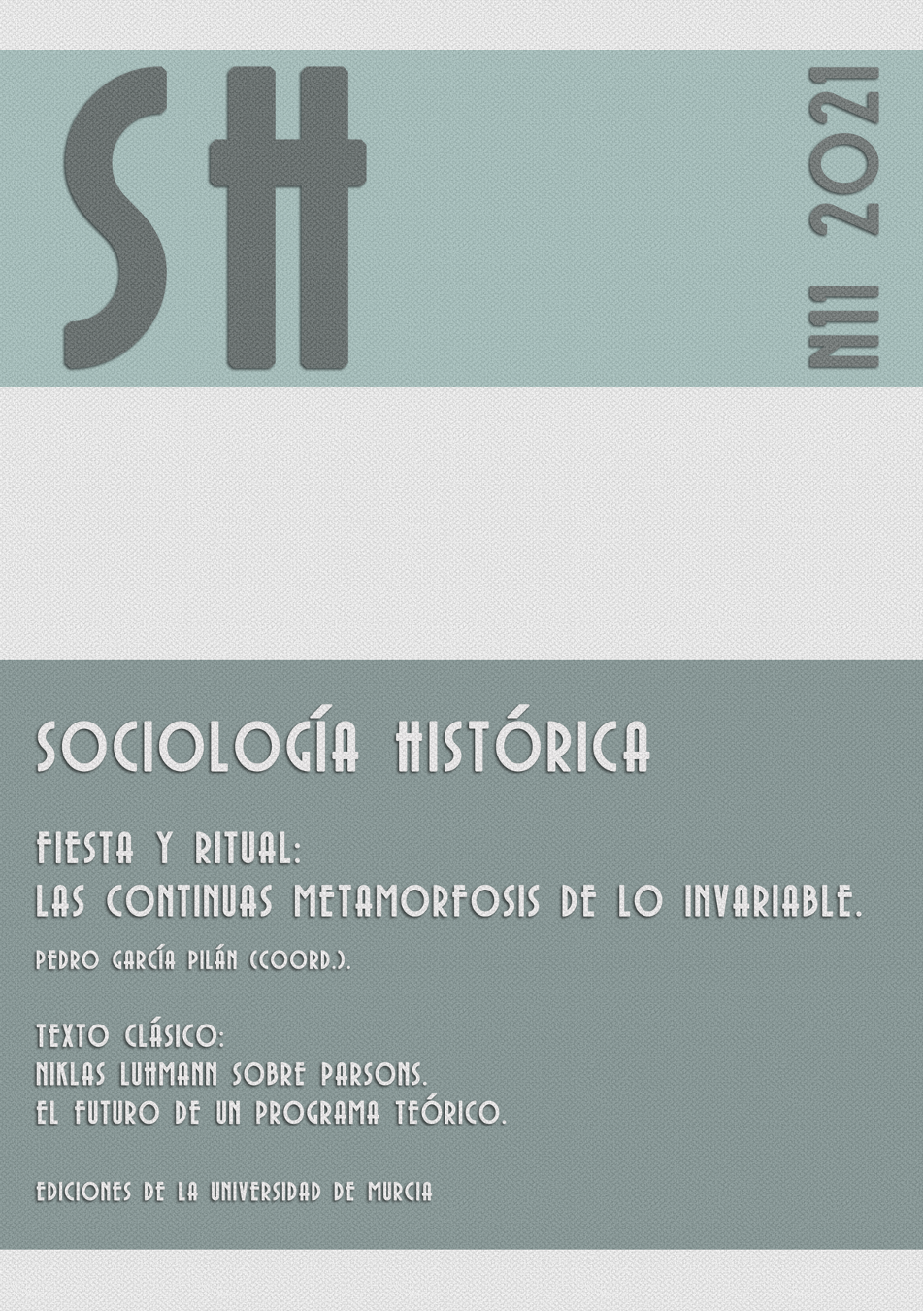Bolívar y Chávez. Historical and Religious Foundations of Chavez’s Populism
Abstract
For more than two decades, Venezuelan politics has been marked by the presence of Chavismo as the country's revolutionary orientation. Regardless of the fact that nowadays this policy is recognized as a failed policy that has caused the exodus of millions of Venezuelans, this policy was aimed in its first at the political, social and economic transformation of the nation in pursuit of the so-called socialism of the 21st century. It is precisely in this first period that we are going to concentrate. If we define populism in the strict sense as that form of mass politics that starts from the idea of the existence of a popular will and the existence of a charismatic mode of domination based on the direct link between the leader and the masses, Chavismo was a populist phenomenon. In this article I show, based on biographical writings, interviews and speeches, the adequacy of the Venezuelan case to the proposed definition and its religious and historical foundations.
Downloads
-
Abstract698
-
pdf (Español (España))3409
References
--

This work is licensed under a Creative Commons Attribution-NonCommercial-NoDerivatives 4.0 International License.
Las obras que se publican en esta revista están sujetas a los siguientes términos:
1. El Servicio de Publicaciones de la Universidad de Murcia (la editorial) conserva los derechos patrimoniales (copyright) de las obras publicadas, y favorece y permite la reutilización de las mismas bajo la licencia de uso indicada en el punto 2.
2. Las obras se publican en la edición electrónica de la revista bajo una licencia Creative Commons Reconocimiento-NoComercial-SinObraDerivada 4.0 España (texto legal). Se pueden copiar, usar, difundir, transmitir y exponer públicamente, siempre que: i) se cite la autoría y la fuente original de su publicación (revista, editorial y URL de la obra); ii) no se usen para fines comerciales; iii) se mencione la existencia y especificaciones de esta licencia de uso.
3. Condiciones de auto-archivo. Se permite y se anima a los autores a difundir electrónicamente las versiones pre-print (versión antes de ser evaluada) y/o post-print (versión evaluada y aceptada para su publicación) de sus obras antes de su publicación, ya que favorece su circulación y difusión más temprana y con ello un posible aumento en su citación y alcance entre la comunidad académica. Color RoMEO: verde.










